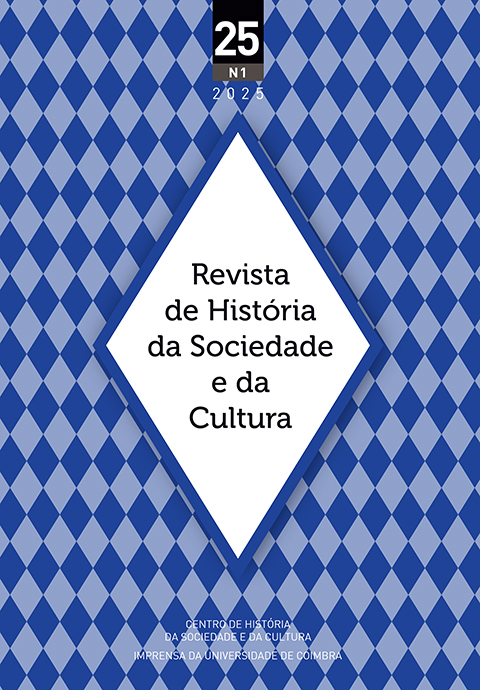A Road to The North: Italy, the Lombards and the Barbarians Between National Historiography, Archaeology and Policy
DOI:
https://doi.org/10.14195/1645-2259_25-1_3Palavras-chave:
Lombard Italy, Italian national discourse, history, archaeologyResumo
For a long time, Italian academic tradition viewed the cultural and historical interpretation of the Lombards as simple and uniform, shaped largely by the 19th-century author Alessandro Manzoni, a key cultural figure and author of The Betrothed. In his view, modern Italians were seen as direct descendants of the Romans, periodically reemerging during defining national epochs like the Renaissance and the Risorgimento. Within this framework, the Lombards were dismissed as just another group of foreign invaders. This perspective has significantly shifted in recent decades. Following the decline of Italy’s ‘First Republic’, the rise of regional political movements, and the development of the European Union, the Lombards have been reinterpreted in more complex ways: in some cases, being viewed as regional ancestors supporting new territorial identities; in others, as early contributors to a pan-European identity. These reinterpretations parallel earlier local-national tensions after Italy’s unification in 1861. Archaeological discoveries have further supported these revised views.
Downloads
##submission.downloads##
Publicado
Edição
Secção
Licença
Direitos de Autor (c) 2025 Revista de História da Sociedade e da Cultura

Este trabalho encontra-se publicado com a Licença Internacional Creative Commons Atribuição 4.0.
Los autores conservan los derechos de autor y conceden a la revista el derecho de primera publicación, estando el trabajo simultáneamente bajo la Licencia de Atribución de Creative Commons que permite compartir el trabajo con el reconocimiento de la autoría y la publicación inicial en esta revista.











